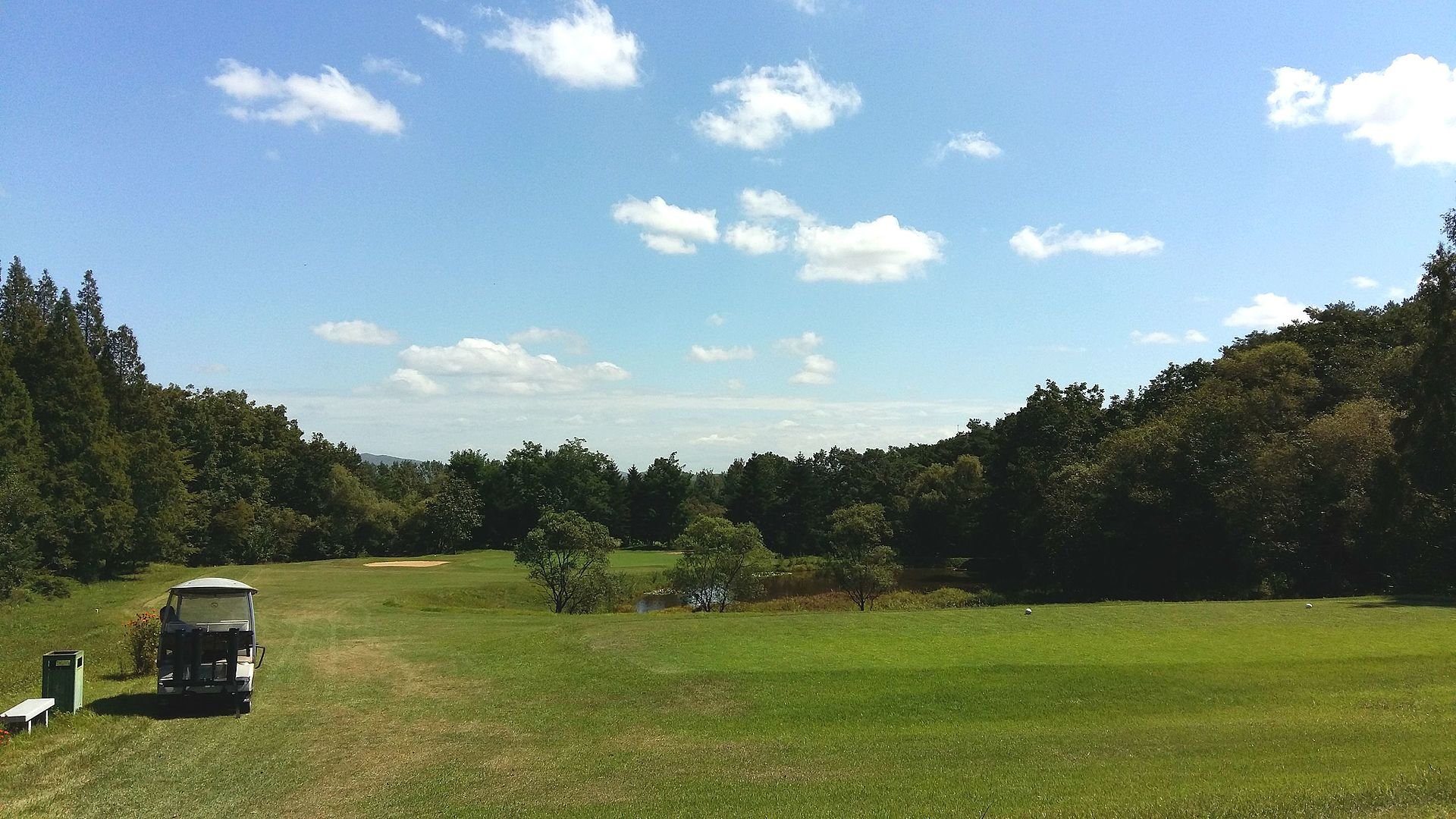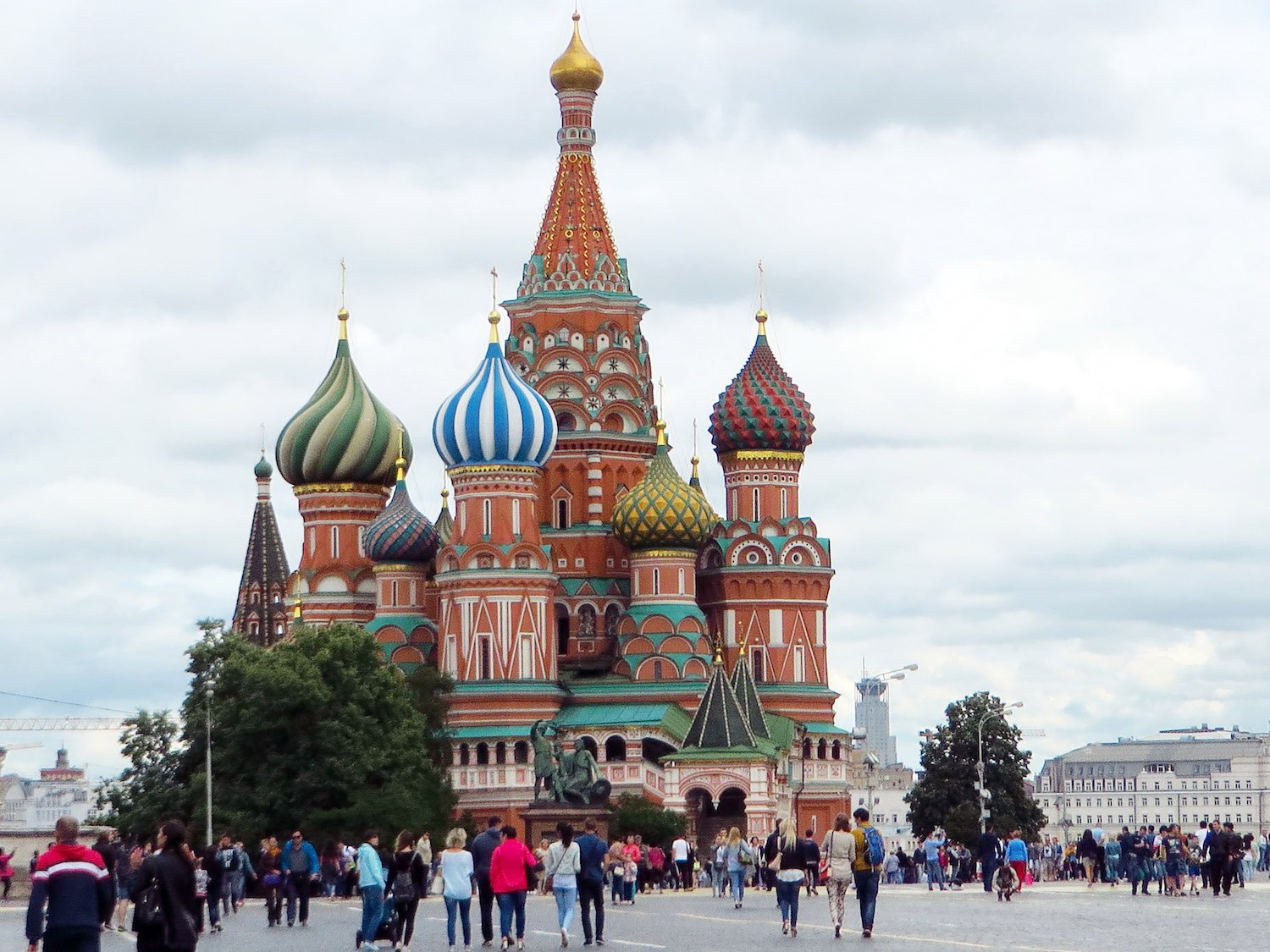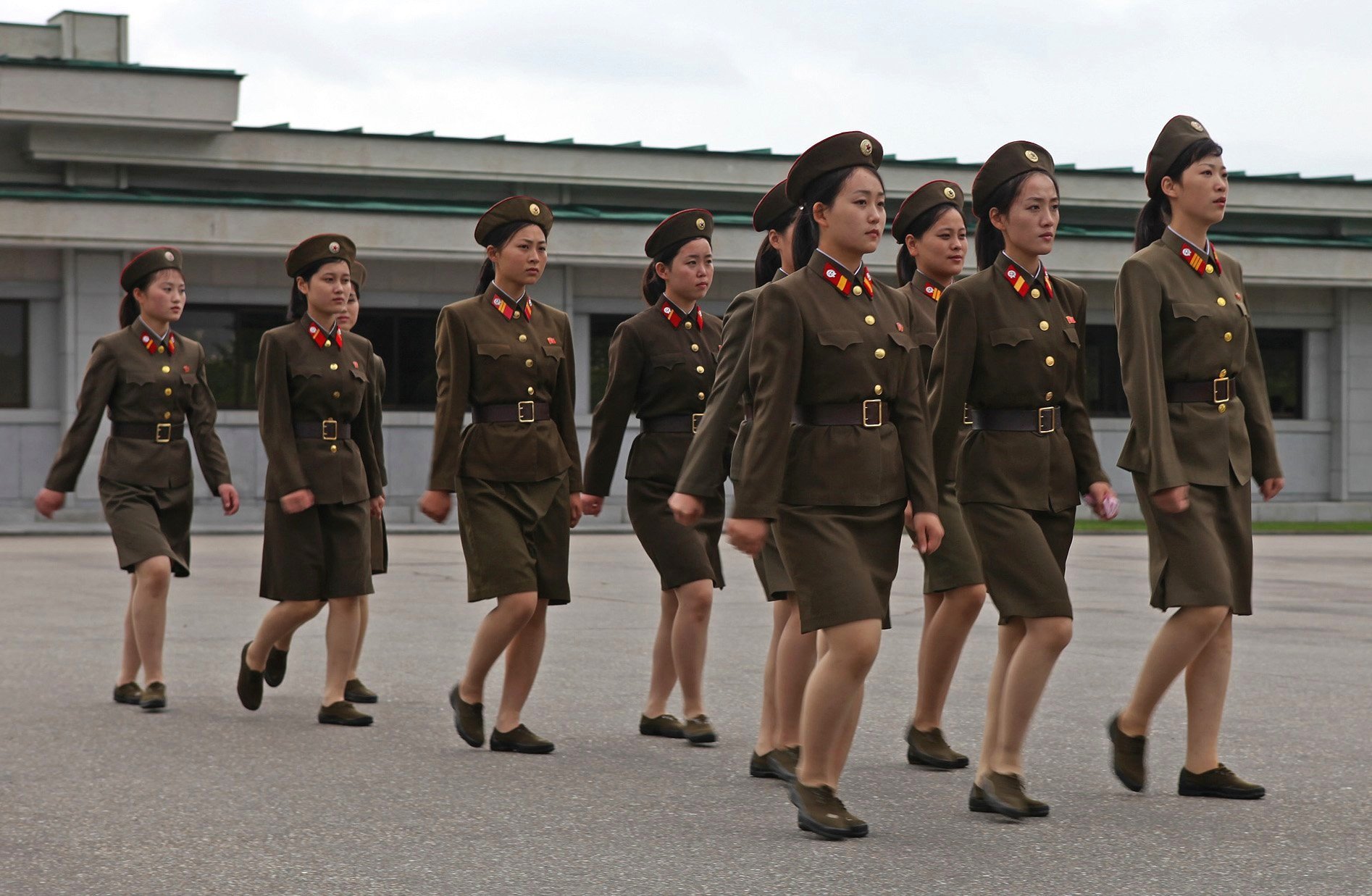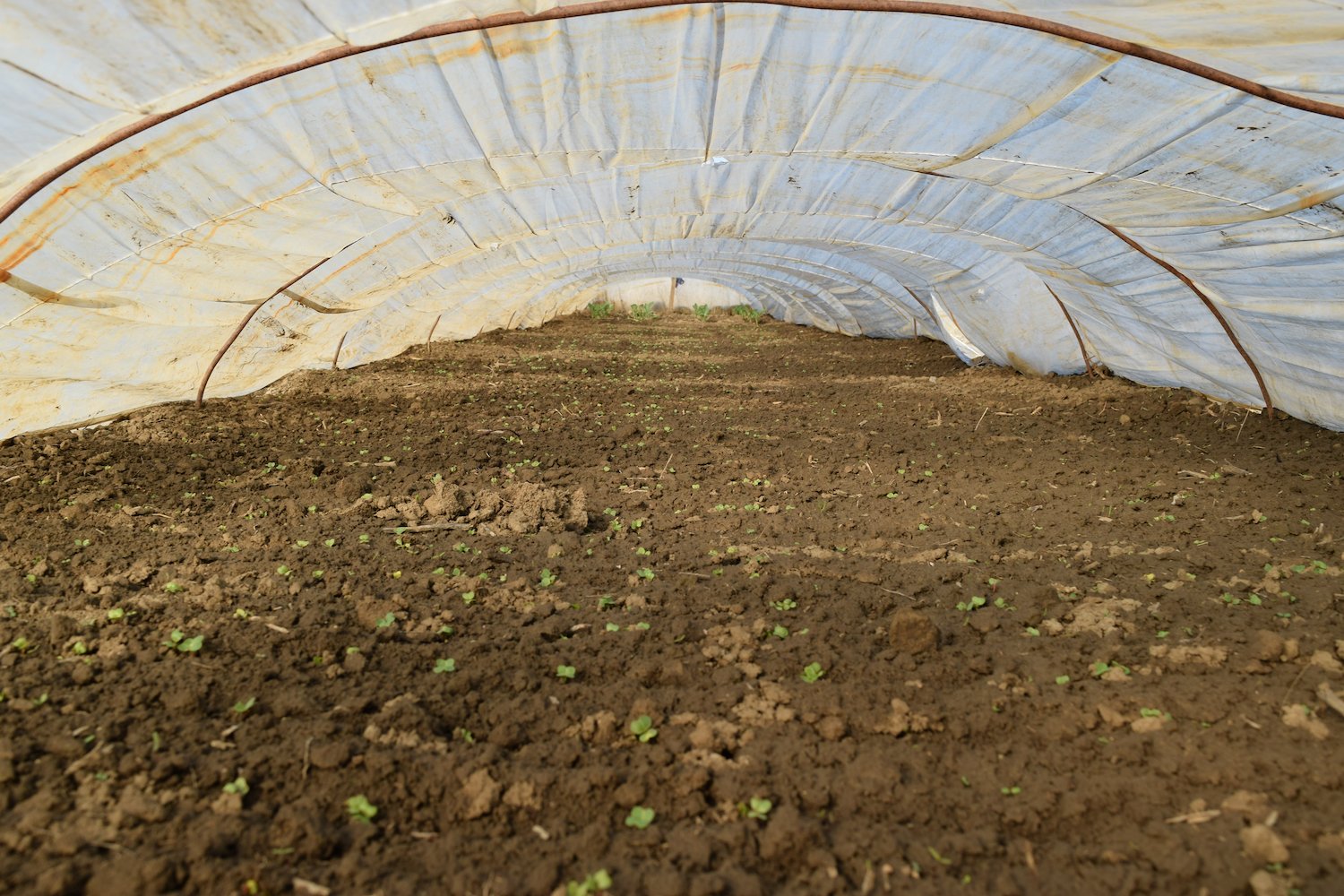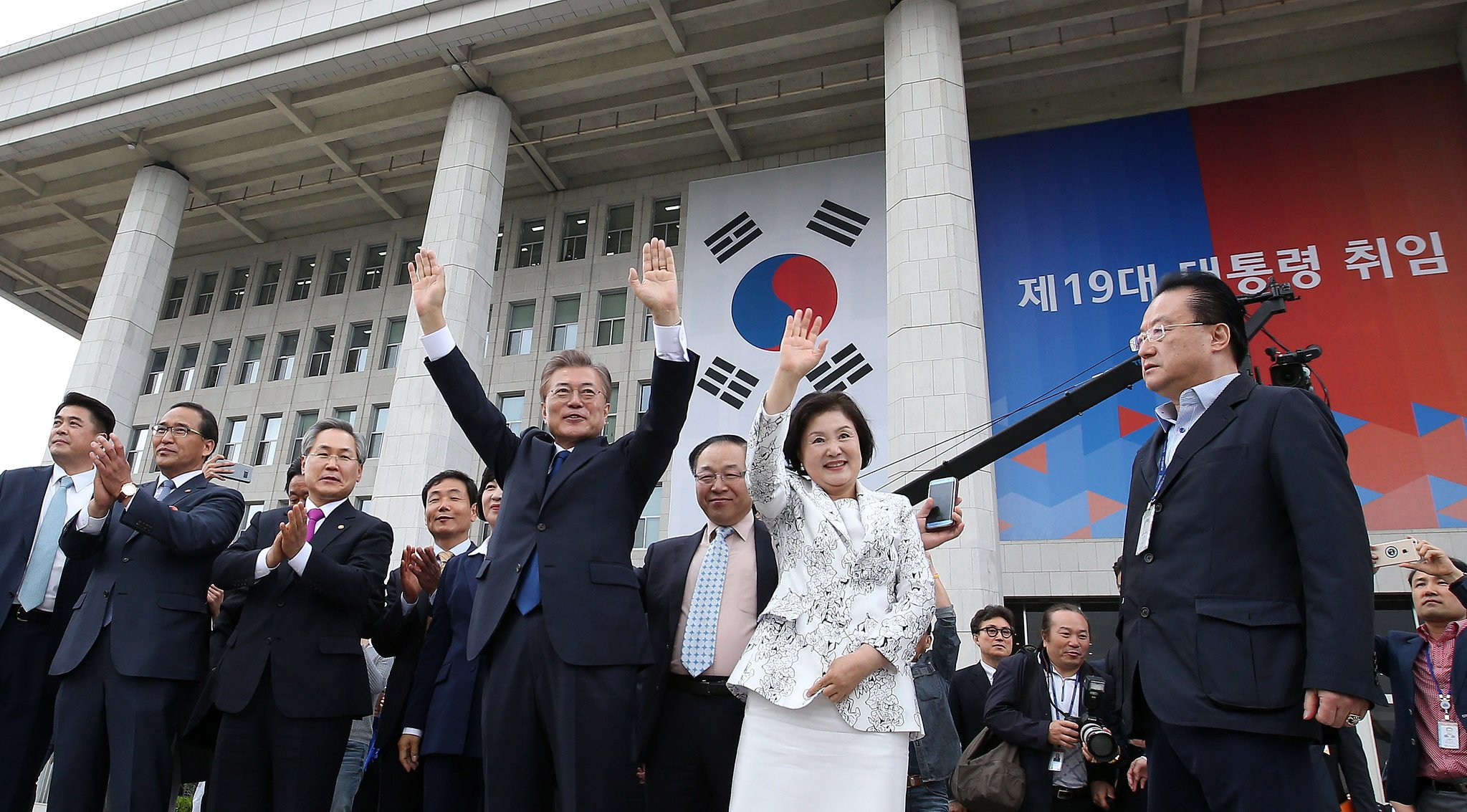North Korea has been battling through an out of control COVID-19 outbreak, and in light of its already dire food crisis, a nationwide lockdown has severely hampered the isolated country’s ongoing “all-out fight” anti-drought efforts and desperation to mobilize “all capacities and means” to grow food for the nation. Recently, state media has even reported on the North’s efforts by soldiers, workers and youths to save every “single grain of rice” and ensure no crops are damaged.
‘THE SECOND-WORST DROUGHT’
In a country with a reclusive economy dependent on human labor in agriculture, protracted droughts threaten to hurt North Korea’s tense food situation. According to the Korea Meteorological Administration, only 13.3mm (0.52 in) of precipitation fell nationwide in South Korea between December 2021 and February 2022, which marks the lowest figure since the expansion of its observation network in 1973. Similarly, North Korean state media warned workers in the agricultural, forest and urban management sectors about a drought that would last from April to May, and described the “current spring drought” is “the second-worst drought” in 40 years.
Given North Korea lacks proper irrigation facilities and local farmers are left with no choice but to wait for the rain, much of the wheat and barley planted last year died despite extended efforts to double the cultivation of the two crops instead of corn, or even staple food like rice, under Kim Jong-un’s leadership. In particular, the North Korean leader ordered collective farms across the nation to sow wheat and barley on newly created plots, and most farmers suffered major losses as a result, as a source told Daily NK that the barley is only half as tall as it should be and scorched in places. The source added that farmers may have to abandon barley farming this year altogether if the drought continued.
Even though North Korean authorities did implement irrigation facilities in theory, they simply do not work and fields are not supplied with water. Peter Ward, an expert on the North Korean economy, even told NK News that crop failure is not caused by droughts, but rather a result of North Korea’s substandard water management and irrigation systems. Moreover, a source from North Pyongan’s Ryongchon county told Radio Free Asia that out of the six water pumps that used to supply water to every cooperative farm within the county, only three working pumps remain due to frequent power outages and motor failure. Meanwhile, coil wire and insulation materials that are essential for repairing broken pumps have not been provided by the government.
REPLACING BROKEN WATER PUMPS WITH OFFICE WORKERS
North Korea has a track record of requiring its people to share the burden of fulfilling the state’s grain production plan. For example, state media had in the past announced that all North Koreans must be willing to “pour the water of life into socialist farming cooperatives, even if it means they themselves become the water pump or the water bag.”
Last month, local governments reportedly forced all available workforces, including white-collar workers, to help water crops due to the lack of working water pumps. A source from South Pyongan province told Radio Free Asia that, instead of providing farmers with water pumps, the state recklessly mobilized large numbers of workers from various central organizations, such as the Ministry of Forestry, the Ministry of Commerce, the Maritime Administration Bureau and the Literature and Arts Publishing House to water crops, with some of them being forced to carry water on their backs, three days in a row.
State media also reported that “farmers were informed of reasonable watering methods according to soil humidity and light conditions in order to prevent crop damage” and that new farming methods were introduced to combat droughts, for example, through “scientific farming” and “meticulous farming strategies”, including maximizing the efficiency of rice planting machines and securing high-quality fertilizers. However, the efforts were met with little or no success due to the insufficient agricultural facilities and equipment, which in part is due to the suspension of trade with China since the beginning of the pandemic. In response, a source told Radio Free Asia that the authorities have been pursuing a plan to smuggle used equipment from China, which cost half the price of new pumps that cost between $800 and $1,000.
COVID DEEPENS FOOD CRISIS
International organizations have warned that hundreds of thousands of North Korean children suffered from chronic malnutrition in 2021 and more than 40% of the population were undernourished even before the pandemic. In March 2022, the United Nations urged the North Korean government to reopen its borders for food imports as the deepening isolation may leave many facing starvation.
Although droughts, along with other major natural hazards such as floods, heatwaves, cold snaps and typhoons, are not new challenges and have long posed seasonal threats to the North, in light of the poor health infrastructure and lack of vaccines, warnings of prolonged droughts and food shortages, as well as a crippling economy due to the extended border closure, North Korea may see a ballooning of casualties unless it asks for help… and accepts it in a timely manner.























